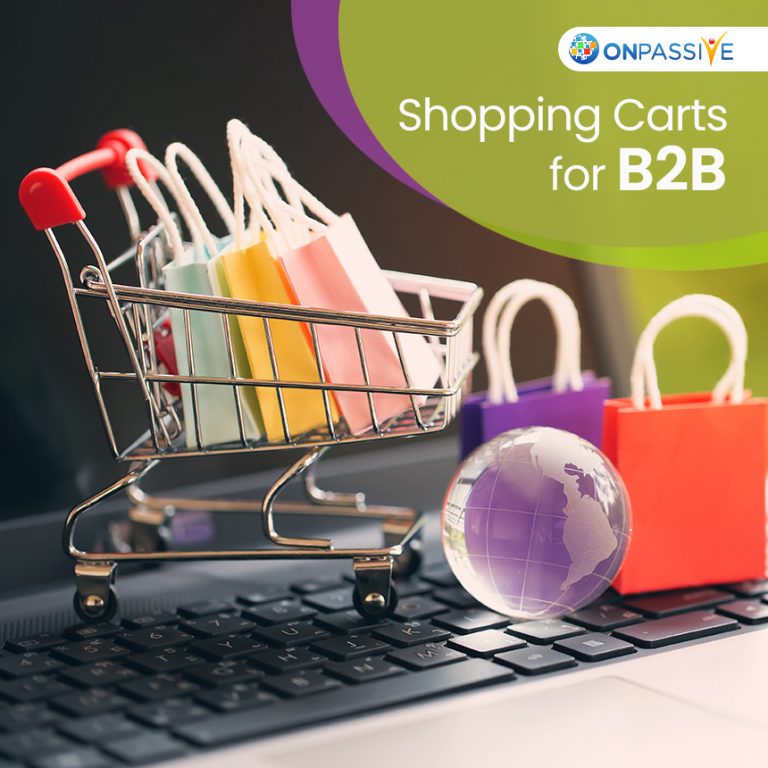
Understanding B2B procurement process
Not just individual consumers but companies and organizations also need products and services to operate and run their businesses. These organizations majorly buy a bulk of products such as raw materials, finished goods and even labours etc.
A purchasing agent or a procurement team is usually employed to take B2B buying decisions. For larger organizations, this decision making involves several rounds of consideration, review and approval.
Following are the stages of B2B procurement process:
- Problem identification/organizational need
- Understanding of a need and its description
- Product specification
- Supplier search
- Appeal for proposals
- Selection of a supplier
- Order-routine specification
- Review
Even after following all of this, organizational or B2B buying incurs different sets of complexities including timing complexity, technical complexity and organizational complexity etc.
Challenges of B2B procurement/e-commerce process
Procurement is a process that involves different activities of acquiring the products and services that supports various business operations. However, it has been seen that B2B procurements are generally complex as compared to B2C transactions. Moreover, B2B purchasing process is long, and it involves a lot of decision-makers. With larger organizations, complexities associated are bigger.
B2B buyers need flexibility on how they order and how they pay. Thus, B2B buyers explore different digital channels for the procurement of required goods and services. These digital modes of buying are often streamlined and convenient.
In larger organizations, buyers need to make purchases for various departments; they also need to order items in bulk and finish the procedure in a timely manner. On the other hand, there are many factors that influence B2B buying decision making.
These factors are usually unique to organizations. It includes business environment (competitors in the market), individual factors (based on the traits of the individuals involved in the selection process) and organizational factors (Organizational strategy) etc.
A powerful cart, however, can reduce the complexities associated with B2B buying process.
Why a flexible shopping cart?
A shopping cart is an e-commerce tool that keeps the records of items selected by a customer until the transaction is completed. A flexible shopping cart is, however, a cart that comes with multiple carts functionality.
Following are reasons that sheds light on why do we need flexible shopping carts for B2B:
- Multiple carts functionality of a flexible cart assists in maintaining multiple carts in parallel. So, a buyer can easily switch between different orders.
- Bulk order functionality is another feature of a flexible cart that simplifies the process of adding multiple items to the cart. You just have to copy an excel spreadsheet with all the details to add multiple items immediately to the court. Instead of manually entering the required items in a spreadsheet, you can enter the SKU number into the web interface.
- A flexible cart also comes with some additional features that offer buyers many options such as quickly viewing the shipping policies, return policies, contact information, access to live chat, etc.
- It offers a provision to share a cart for personal needs and to collaborate with others.
- Its flexible functionality streamlines the purchasing process and helps to achieve the improvement in a user experience.
- With easier purchasing, you can attract more businesses on board to make deals with you. It is then reflected in the expansion of your business.
Concluding thoughts
E-commerce transactions are different for B2B and B2C. There are many complexities associated with B2B transaction as discussed in the article. However, a flexible shopping cart is seen as a medium for softening the buying process for B2B.
Especially in the case of larger organizations, flexible carts are inevitable for a streamlined and convenient operation. With more businesses getting their presence online, flexible shopping carts are the future of e-commerce business.


